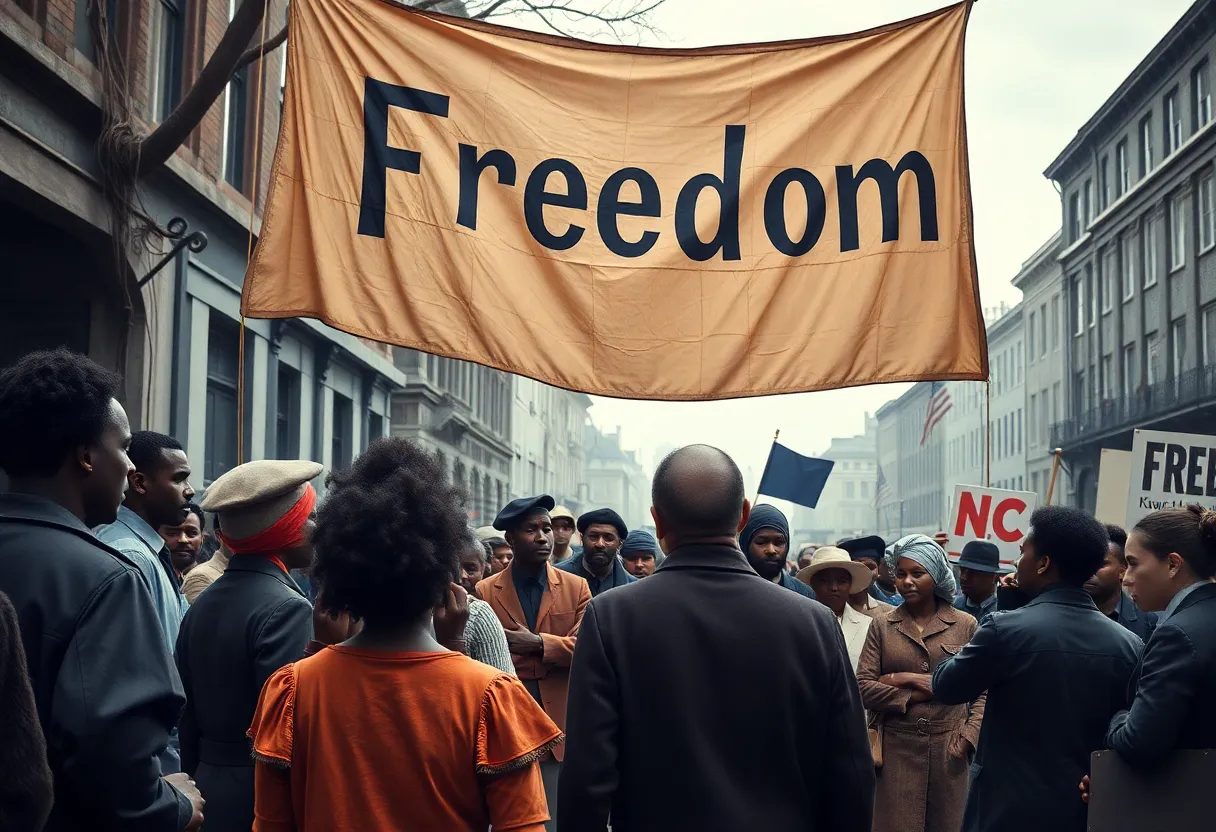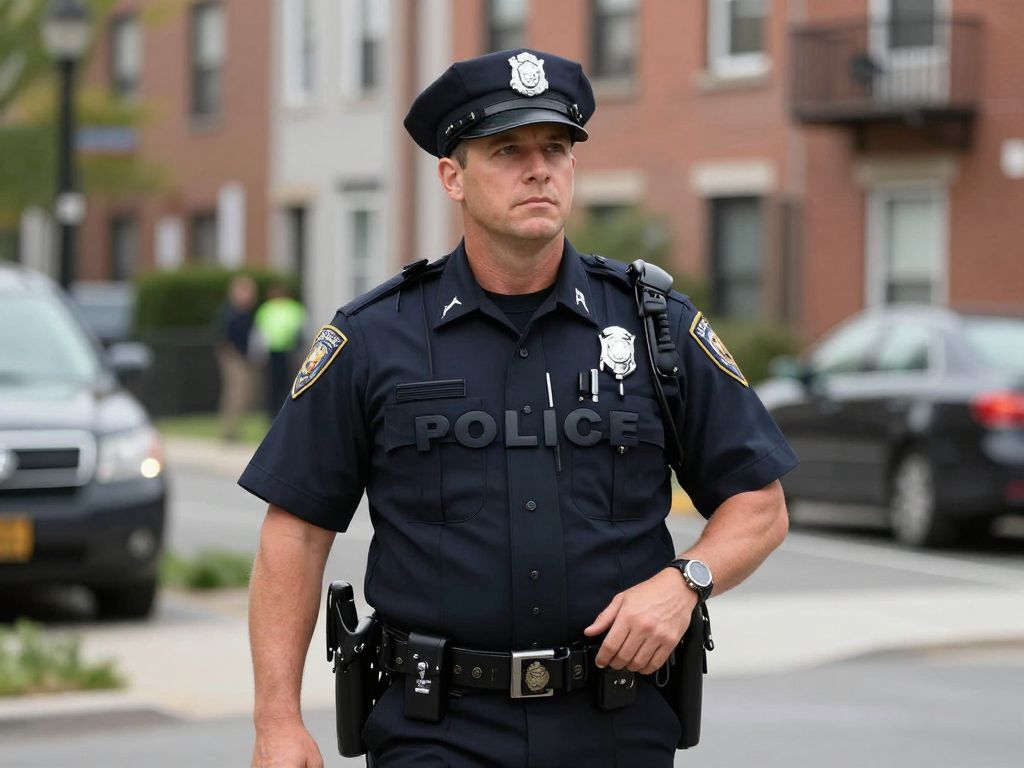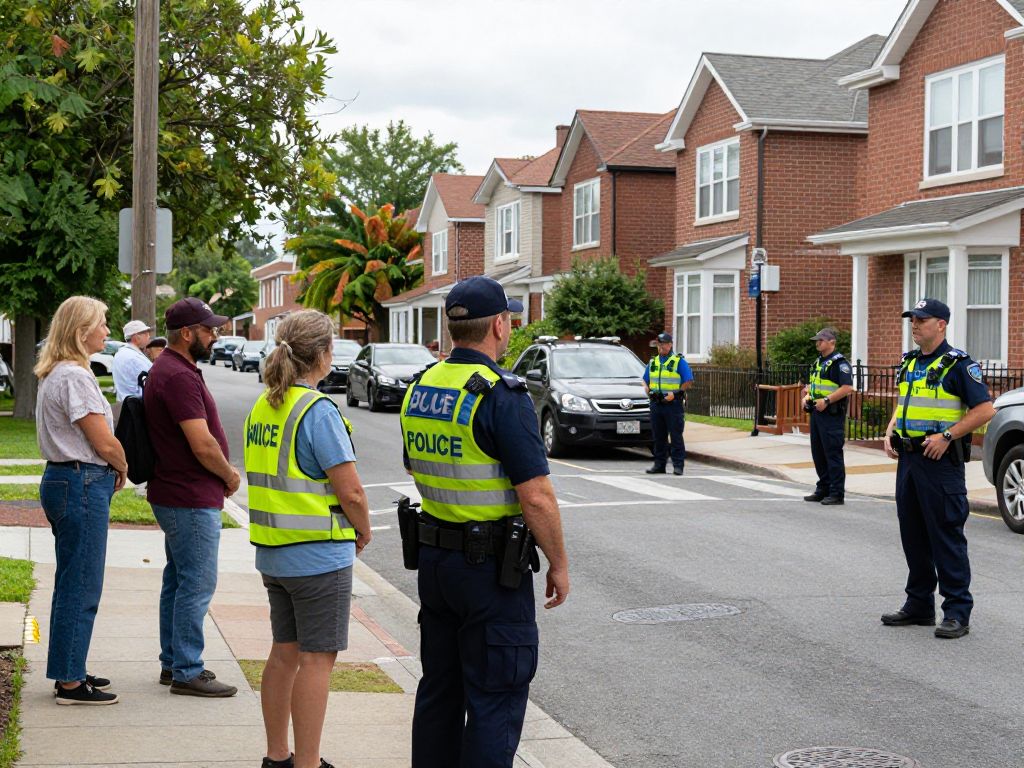News Summary
Amos A. Lawrence played a crucial role in the 19th-century abolitionist movement, reflecting on the moral dilemmas of slavery amid rising tensions in America. His philanthropic efforts and funding for anti-slavery initiatives in Kansas illustrate the complex interplay of morals and economics during a tumultuous period. The public response to events like the arrest of Anthony Burns showcased significant shifts in sentiment and activism, paving the way for future debates on social justice and equity.
Boston – The legacy of Amos A. Lawrence, a significant figure in the 19th-century abolitionist movement and a Boston philanthropist, sheds light on the evolving moral landscape concerning slavery in America. Lawrence’s reflections on political morality during the 1850s reveal a dramatic shift in public sentiment, particularly following the controversial case of Anthony Burns, an enslaved person who escaped to Boston only to be arrested under the Fugitive Slave Act of 1850.
In 1854, Lawrence observed a transition from what he called “old-fashioned” conservative values to the emergence of fervent abolitionist sentiments. This shift coincided with rising tensions around slavery and highlighted the deep contradictions faced by individuals and businesses in the North, where many were economically reliant on Southern cotton while grappling with the ethical dilemmas of slavery’s harsh realities. The arrest of Burns ignited outrage in Boston, leading to protests and a greater awareness of the oppressive conditions under which many enslaved individuals lived.
The public response to Burns’s plight was significant; Boston’s Black community, along with local pastors and activists, organized protests to demand his release. The trials surrounding Burns were highly publicized, often obstructing his legal representation and revealing the stark reality that slavery remained enforceable even in abolitionist strongholds like Massachusetts. Federal intervention was prompted by the public disturbance, with President Franklin Pierce ordering additional troops to guard the courthouse to prevent unrest.
The Burns case catalyzed a broader discourse on the moral versus legal obligations concerning slavery, provoking thinkers such as Henry David Thoreau to advocate for civil disobedience. As tensions rose, calls for more confrontational strategies among abolitionists became prevalent, reflecting the urgency of the situation. Lawrence, however, chose a different approach: he funded the New England Emigrant Aid Company to send anti-slavery settlers to Kansas, seeking to establish a free-soil presence in the region.
This initiative mobilized support from thousands of Quaker and Congregationalist churches, facilitating the relocation of families, teachers, and missionaries who aimed to counter pro-slavery factions. Lawrence actively participated in this mission, organizing supplies and resources, including tracking weapons shipments and financing educational infrastructures in Kansas. However, these efforts contributed to a climate of violence, as pro-slavery forces attempted to suppress emerging anti-slavery sentiments in the territory.
The conflict over Kansas drew national attention, culminating in its eventual admission as a free state in 1861, influenced by complex political maneuvers more than direct actions taken by New England abolitionists. During Reconstruction, Kansas became a destination for formerly enslaved people seeking autonomy, leading to the establishment of Black communities envisioned by leaders like Edward McCabe.
Today, the legacy of abolitionists like Lawrence prompts critical reflections on moral responsibility amid ongoing discussions surrounding racism and social justice. Modern institutions echo Lawrence’s philanthropic efforts yet face scrutiny from polarized political factions regarding their treatment of issues related to diversity, equity, and inclusion.
Contemporary debates reflect the historical challenges associated with addressing injustices without disrupting established societal norms. Public sentiment remains at odds on topics such as immigration, historical education, and prevailing social values, revealing a complex landscape that hints at enduring legacies from America’s past.
Caleb Gayle, a professor of journalism and Africana studies at Northeastern University, explores these themes in his latest book, “Black Moses: A Saga of Ambition and the Fight for a Black State.” In his work, Gayle embeds historical perspectives alongside personal narratives highlighting the ambitions and struggles faced by Black Americans today, connecting the dots between past injustices and present-day challenges.
Deeper Dive: News & Info About This Topic
HERE Resources
Additional Resources
- The Boston Globe: Caleb Gayle on Black Moses and Lawrence
- PenBay Pilot: Barnswallow Books Hosts Caleb Gayle
- Journal Record: Black Moses Oklahoma Book Signing
- Wikipedia: Amos A. Lawrence
- Encyclopedia Britannica: Abolitionism

Author: STAFF HERE BOSTON WRITER
The BOSTON STAFF WRITER represents the experienced team at HEREBoston.com, your go-to source for actionable local news and information in Boston, Suffolk County, and beyond. Specializing in "news you can use," we cover essential topics like product reviews for personal and business needs, local business directories, politics, real estate trends, neighborhood insights, and state news affecting the area—with deep expertise drawn from years of dedicated reporting and strong community input, including local press releases and business updates. We deliver top reporting on high-value events such as Boston Marathon, Head of the Charles Regatta, and Boston Harborfest. Our coverage extends to key organizations like the Greater Boston Chamber of Commerce and Associated Industries of Massachusetts, plus leading businesses in finance, biotech, and insurance that power the local economy such as Fidelity Investments, Biogen, and Liberty Mutual Insurance. As part of the broader HERE network, we provide comprehensive, credible insights into Massachusetts's dynamic landscape.





